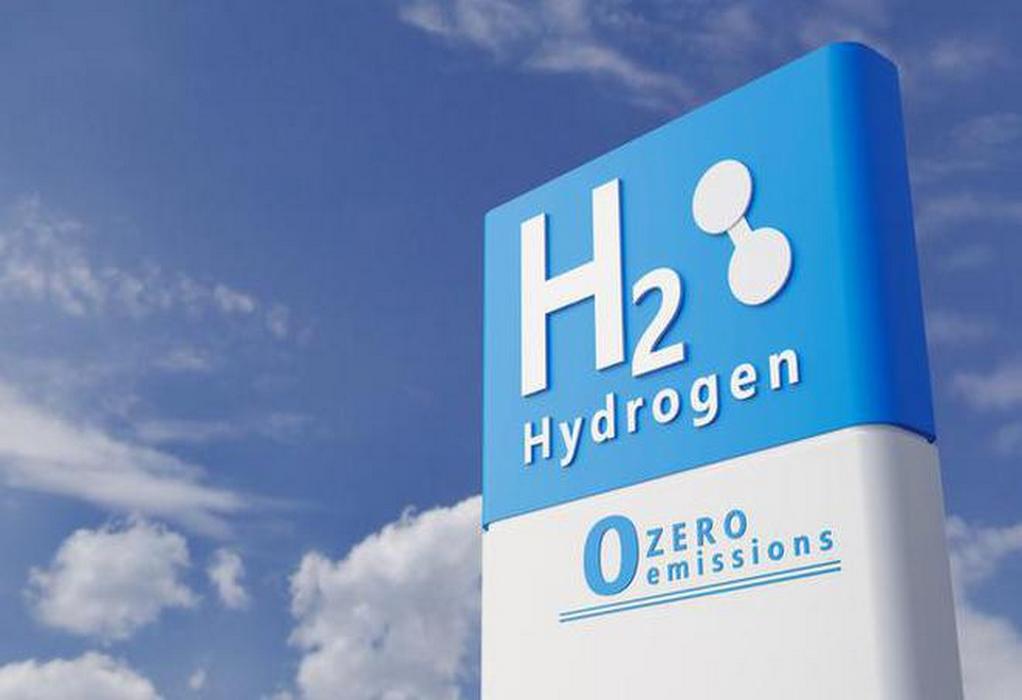Clean Hydrogen Partnership (CHP) – a brain child of the European Commission – has called for proposals on 41 different research topics with an outlay of €300 million for a comprehensive development of the hydrogen economy. The initial plan is to fund research that will enable hydrogen production and storage.
Clean Hydrogen Partnership is a public-private undertaking which seeks to develop a green hydrogen economy employing wind and solar power. The present action is an extension of the EU’s 2020 Hydrogen Strategy in which the commission sought to use hydrogen as a fuel, feedstock, energy carrier and storage.
Bart Biebuyck, Executive Director of CHP, explains, “This momentous investment is essential to ensure the development of a dynamic hydrogen economy of diverse innovators, manufacturers, producers and end-users across the EU for a sustainable and prosperous hydrogen-based future.”
The research agenda was adopted on 25 February that will see €600 million investment in various research projects. The cost shall be equally borne by the European Commission and the private sector. Rene Schutte, director of HyNorth, says, “This call for projects is €300 million of the €1bn of public funds that the Clean Hydrogen Partnership has available. The call will be matched by at least the same amount of private funds and thus comprises at least €600 million.”
Out of the total research topics, ten grants are destined for research on hydrogen production. The grants are expected to boost solar thermochemical water splitting efficiency and also develop low temperature water electrolysers for highly pressurised hydrogen production.
The European Commission wants 9-14 per cent of its energy demand to be covered by hydrogen fuel by 2050.
11 Grants will go to topics that will address the storage and transportation segment of the hydrogen economy. This will include development of technologies for enhanced leak detection in hydrogen networks.
The remaining grants go to research focusing on the wider use of hydrogen – transport, heat and power, cross-cutting projects and hydrogen valleys. This covers the entire value chain of an area where consumers of hydrogen – mainly the industries – are linked with the production and distribution infrastructure.
The European Commission says that hydrogen trucks will swell by the end of this decade. The research focus in the transport segment will be on heavy-duty transport and not on private vehicles.
Rene Schutte informs that funding will also be done towards liquified hydrogen, fuel cell and storage systems for inland shipping as well as aviation.
The research agenda is bullish about hydrogen valleys which the CHP believes are inalienable for providing thrust to hydrogen economy. There will be an initial push of €25 million and €8 million grants for developing the hydrogen valleys.
The plan is to establish five hydrogen valleys that will demonstrate the benefits of the hydrogen ecosystem and garner the support of the stakeholders.
Source: https://www.saurenergy.com/
Tags: CHP, Electrolyser Technology, European Commission, Europian Energy, Feedstock, Hydroogen, Liquified Hydrogen



Recent Posts
DNV Grants Approval in Principle for New Ammonia Bunkering Vessel Design
Proteus Launches Modular Hydrogen Fuel Cell System for Maritime Sector
Van Oord Unveils Boreas, World’s Largest and Most Sustainable Offshore Wind Installation Vessel
New methanol-fuelled vessel ‘Berlin Maersk’ to enter service
NMPA wins greentech global environment award
CMA CGM in negotiations with Indian shipyards for LNG-powered shipbuilding
L&T to Develop Green Hydrogen and Ammonia Projects in Kandla
Pan Ocean Orders Two Eco-Ready VLCCs from HD Hyundai Heavy Industries